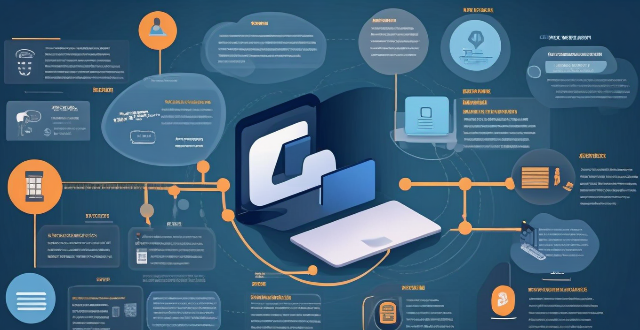This article discusses the crucial role of data protection regulations in safeguarding user information on social media platforms. It outlines key principles such as transparency, purpose limitation, and accountability that guide the handling of personal data by these platforms. The responsibilities of both social media platforms and users are highlighted, emphasizing the importance of informed consent, security measures, and user control. The article concludes by stressing the mutual responsibility of platforms and users in promoting a safe online environment through adherence to data protection regulations.

Data Protection Regulations and Social Media Platforms
Data protection regulations play a crucial role in ensuring the privacy and security of user information on social media platforms. These regulations aim to protect individuals' rights to control their personal data and prevent misuse or unauthorized access by third parties. In this article, we will discuss how data protection regulations apply to social media platforms and the responsibilities of both users and platform operators.
Introduction
Social media platforms have become an integral part of our daily lives, connecting people from all over the world and providing a space for sharing information, opinions, and experiences. However, with the vast amount of personal data generated and shared on these platforms, it is essential to ensure that users' privacy and security are protected. Data protection regulations serve as a framework for governing the collection, storage, processing, and transfer of personal data by social media platforms.
Key Principles of Data Protection Regulations
Data protection regulations are based on several key principles that guide the handling of personal data by social media platforms:
- Transparency: Users must be informed about what data is being collected, how it will be used, and who will have access to it.
- Purpose Limitation: Personal data should only be collected for specified, explicit, and legitimate purposes.
- Data Minimization: Only the minimum amount of necessary data should be collected to achieve the intended purpose.
- Accuracy: Personal data must be accurate and up-to-date.
- Storage Limitation: Personal data should not be kept longer than necessary for the intended purpose.
- Integrity and Confidentiality: Personal data must be processed securely and protected against unauthorized or unlawful access, alteration, or destruction.
- Accountability: Social media platforms are responsible for complying with data protection regulations and ensuring the protection of users' personal data.
Responsibilities of Social Media Platforms
Social media platforms have several responsibilities under data protection regulations, including:
- Informing Users: Providing clear and concise information about data collection, processing, and sharing practices.
- Obtaining Consent: Obtaining explicit consent from users before collecting, processing, or sharing their personal data.
- Implementing Security Measures: Ensuring the security of user data through appropriate technical and organizational measures.
- Granting User Control: Allowing users to access, modify, or delete their personal data and control how their data is used.
- Complying with Legal Obligations: Adhering to applicable laws, such as the General Data Protection Regulation (GDPR) in the European Union or the California Consumer Privacy Act (CCPA) in the United States.
Responsibilities of Users
While social media platforms have a duty to protect user data, users also play a role in safeguarding their own privacy and security:
- Understanding Privacy Settings: Familiarizing themselves with privacy settings and adjusting them according to their preferences.
- Being Mindful of Sharing: Considering the sensitivity of the information they share and the potential consequences of making it publicly available.
- Using Strong Passwords: Creating strong, unique passwords for each social media account to prevent unauthorized access.
- Reviewing App Permissions: Being cautious when granting permissions to third-party applications and regularly reviewing which apps have access to their data.
Conclusion
Data protection regulations are essential for ensuring the privacy and security of user information on social media platforms. By adhering to these regulations, social media platforms can build trust with their users and promote a safe online environment. As users, it is equally important to take responsibility for protecting our own privacy and security by staying informed about data protection practices and exercising caution when sharing personal information online.